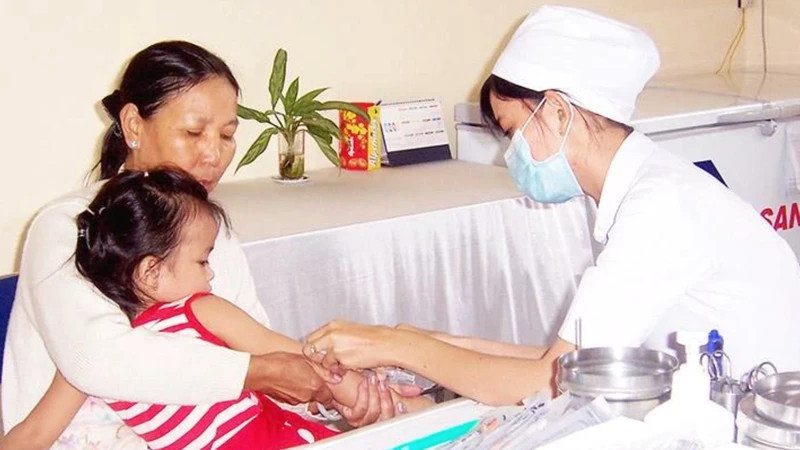The United Nations International Children's Emergency Fund (UNICEF) warned that 67 million children did not receive full vaccination, and vaccination coverage declined in 112 countries over three years, from 2019 to 2021. UNICEF Executive Director Catherine Russell stated, that many countries overlook too many children in their vaccination programmes. Not only has vaccination progress stalled, but the number of children not receiving any vaccines (zero-dose children) increased to 14.5 million last year, up from 13.9 million in 2022 and 12.8 million in 2019.
Thus, an additional 2.7 million children were un- and under-vaccinated in 2023, compared to pre-pandemic levels. Worryingly, more than half of the world’s unvaccinated children live in the 31 countries with fragile, conflict-affected and vulnerable settings, where children are especially prone to preventable diseases, due to limited access to security, nutrition, and healthcare services. Kate O'Brien, Director of the Department of Immunization, Vaccines and Biologicals at the WHO, emphasised that this situation puts the most vulnerable children at risk.
According to data from the WHO and UNICEF, in 2023, 84% of children, equivalent to 108 million children, received all three doses of the vaccine against diphtheria, tetanus and pertussis (DTP). Globally, 6.5 million children did not complete the third dose of the DTP vaccine, to be protected from these diseases in early childhood. This is regrettable as the third dose of DTP is crucial, creating a protective "shield" against these dangerous diseases. This rate remains unchanged from the previous year, indicating the modest progress achieved in 2022, after a sharp decline in vaccination rates during the COVID-19 pandemic, which stagnated thereafter. Before the pandemic in 2019, the coverage rate for three doses of the DTP vaccine was 86%.
The WHO and UNICEF express concerns about measles vaccination, one of the most infectious diseases globally, being delayed amidst a surge in global outbreaks. In 2023, only 83% of children worldwide received their first dose of the measles vaccine through routine health services, equivalent to 2022 but down 86% from before the pandemic. Only 74% of children received the second dose, while a coverage rate of 95% is needed to prevent outbreaks.
UNICEF Immunisation Chief Ephrem Lemango evaluated that this rate is still too low to prevent outbreaks and achieve elimination goals. He pointed out that over 300,000 measles cases were confirmed in 2023, nearly three times as many as a year earlier. A total of 103 countries have suffered measles outbreaks in the past five years, with low vaccination coverage of 80% or lower seen as a major factor.
Conversely, 91 countries with strong measles vaccine coverage did not experience outbreaks. Expert Lemango highlighted the concerning issue that nearly three in four infants live in places with the greatest risk of measles outbreaks, while “spotlighting” 10 crisis-wracked countries, led by Sudan, Yemen, and Afghanistan, which account for more than half of children not vaccinated against measles.
UNICEF calls on governments to strengthen commitments to increase financial resources for vaccination efforts, collaborate with stakeholders to mobilise available resources, and urgently implement and accelerate vaccination efforts to protect the future generation and prevent outbreaks.
















